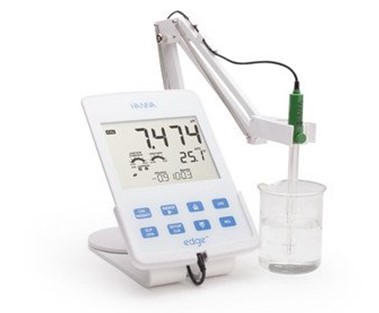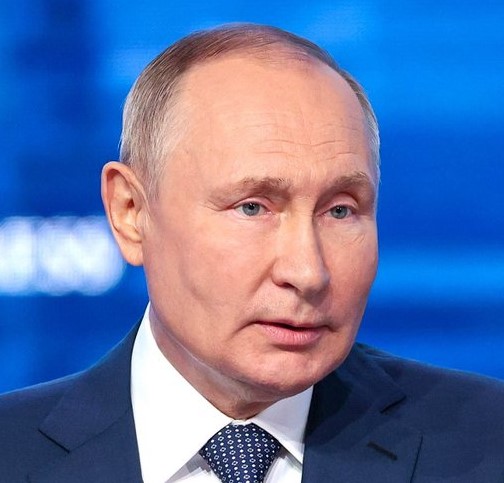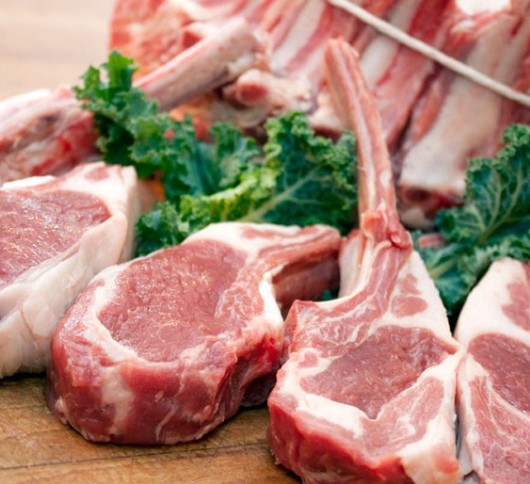Victoria Abramchenko instructed to develop measures to reduce prices for food transportation

Market participants talk about the possibility of introducing subsidies for transportation
Deputy Prime Minister Victoria Abramchenko instructed the Ministry of Transport, the Ministry of Industry and Trade and the Ministry of Agriculture, together with business representatives, to work out measures to reduce food transportation prices. This is due to information about the growth in the cost of road transport from 20% to 50%. The departments, together with the business community, will have to "analyze the current situation and work out measures to solve problems with logistics," according to a statement on the government's website following a meeting between Abramchenko and representatives of the regions.
“Mechanisms to get out of the situation [with rising prices for road transport] should be such as to avoid or smooth out the price increase as much as possible and at the same time not destroy the business,” says Dmitry Leonov, deputy chairman of the board of Rusprodsoyuz. According to him, there are no questions to business from suppliers: an increase in the cost of logistics is visible only where it is really justified. To prevent it, according to Leonov, it is necessary to abandon the excessive regulation of the transportation industry. So, only the introduction of "Platon" led to an increase in the tariffs of logistics companies by 10-25%, which provoked a change in selling prices of food products by 1-7%. “Long-term agricultural contracts can be a good way out of the situation.
According to the Director General of the Institute for Agricultural Market Studies Dmitry Rylko, there are certainly certain reserves in resolving the issue of the cost of food transportation. First, it is necessary to solve a set of problems associated with strict control over the overload of vehicles. “This topic has already been discussed several times, but we need to work it out again with representatives of the industries and come to a compromise that could remove the current tension,” he commented. Now, according to Rylko, there are two standards for road transport - the permissible axle load and the total weight, and it would be advisable to abandon the use of the second indicator. It would also be necessary to use the experience of a number of countries where seasonal exemptions for vehicles have been established for the transportation of a number of key agricultural commodities.
There are large reserves in the field of rail transportation, the expert continues. In addition to classic route transportation (which has been talked about for many years, but so far we still don’t have a single terminal capable of accepting the route) and the development of “grain express trains” on some of the most popular routes, it would be possible to establish seasonal discounts for the transportation of grain. “Due to the growth in transportation volumes, the losses of the railway from discounts would be fully compensated,” Rylko believes.
Aleksey Krasilnikov, executive director of the Potato Union, says that there is a possibility of introducing subsidies for the transportation of “borscht set” vegetables, similar to state support for exporters who receive subsidies for transportation from the place of production to the buyer. “However, the transport industry spoke very cautiously on such a measure <...>. In addition, now most of the main regions producing potatoes and vegetables are just entering the active phase of harvesting. So it’s too early to talk about how tariffs have increased, although there are signs of a shortage of carriers,” Krasilnikov commented.
Information about the increase in the cost of transportation began to appear about two months ago, the first to raise the problem of a twofold increase in tariffs were the heads of the ministries of agriculture of Astrakhan, Volgograd, Krasnodar, he says. At the same time, transportation operators are talking about raising tariffs by only 25-30%. They explain the rise in prices for several reasons. The first is that over the past three years, haulers have been operating at zero or negative profitability, which is why small operators left the market, which, perhaps, worked “in the gray and dumped”. That is, only large carriers remained on the market, which led to a shortage of transport. “There is also a large depreciation of the fleet and an increase in prices for the maintenance and repair of vehicles, the need to renew the fleet, an increase in prices for fuel and lubricants and new vehicles,” adds Krasilnikov.
In early August, the president of the National Association of Freight Road Transport "Gruzavtotrans" Vladimir Matyagin said that the prices for transportation have not been raised for more than 10 years, and now there are objective reasons for their growth. According to him, the current increase in prices is small, but they will continue to grow, because you need to take into account all the requirements that apply to transport companies: environmental fees, transit through Moscow, rising prices for cars, fuel, spare parts and wheels, taxes, and so on.
The second reason is the lack of migrants who, due to the pandemic, either could not enter Russia or were forced to leave to work in other sectors of the economy. Third, the average age of drivers is 40-60 years old, young people are extremely reluctant to take this job. The fourth reason is high summer temperatures in many regions, which made it necessary to use refrigerators more often. “Although now this is not a key factor, but for manufacturers from the Volga region, the Urals, this topic is quite painful,” adds Krasilnikov.
Earlier, industry unions of food suppliers announced an increase in prices for domestic and foreign transportation. Then it became known that the Ministry of Agriculture was working on possible solutions to the problem with the Ministry of Industry and Trade and the Ministry of Transport. According to the interlocutor of Kommersant among manufacturers, the way out could be subsidizing the transportation of food, easing the burden on road carriers and taking measures to reduce fuel prices.





















































